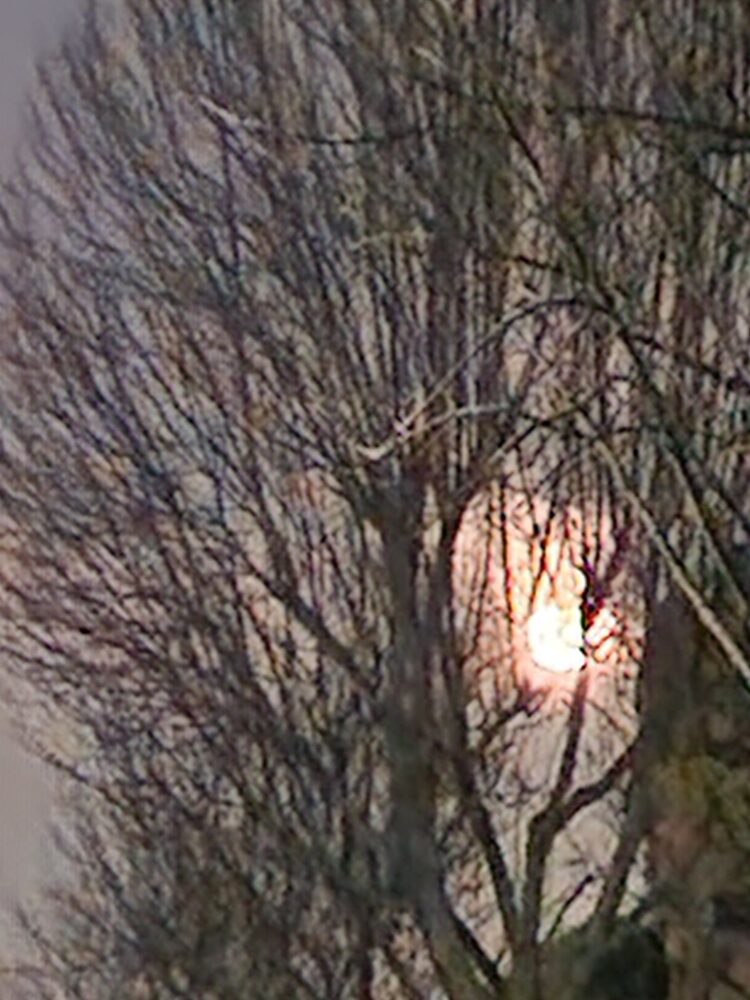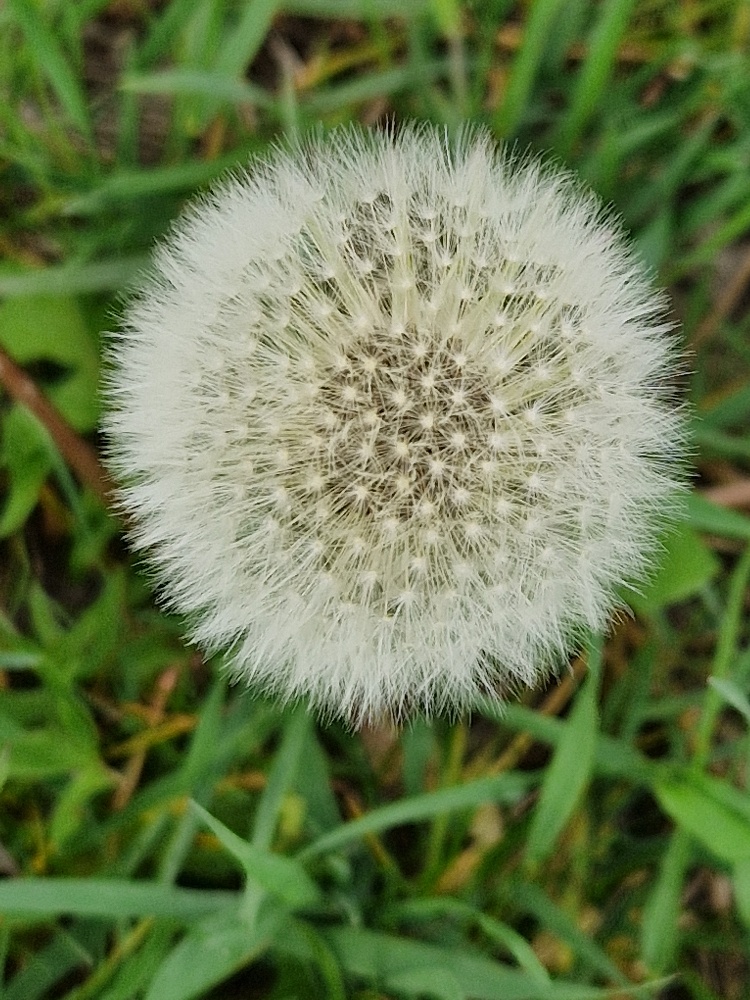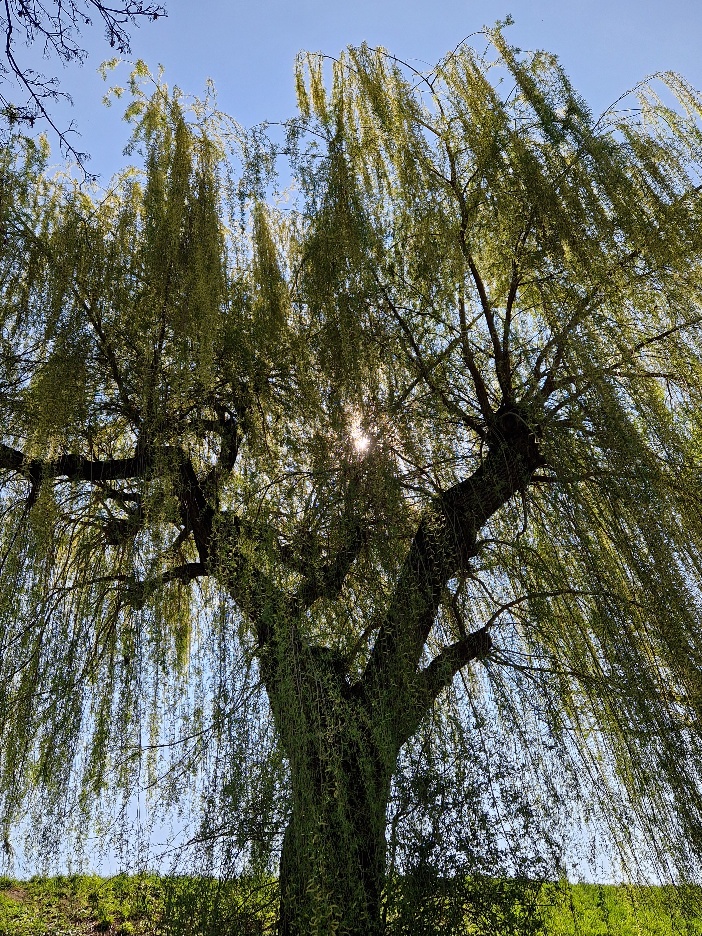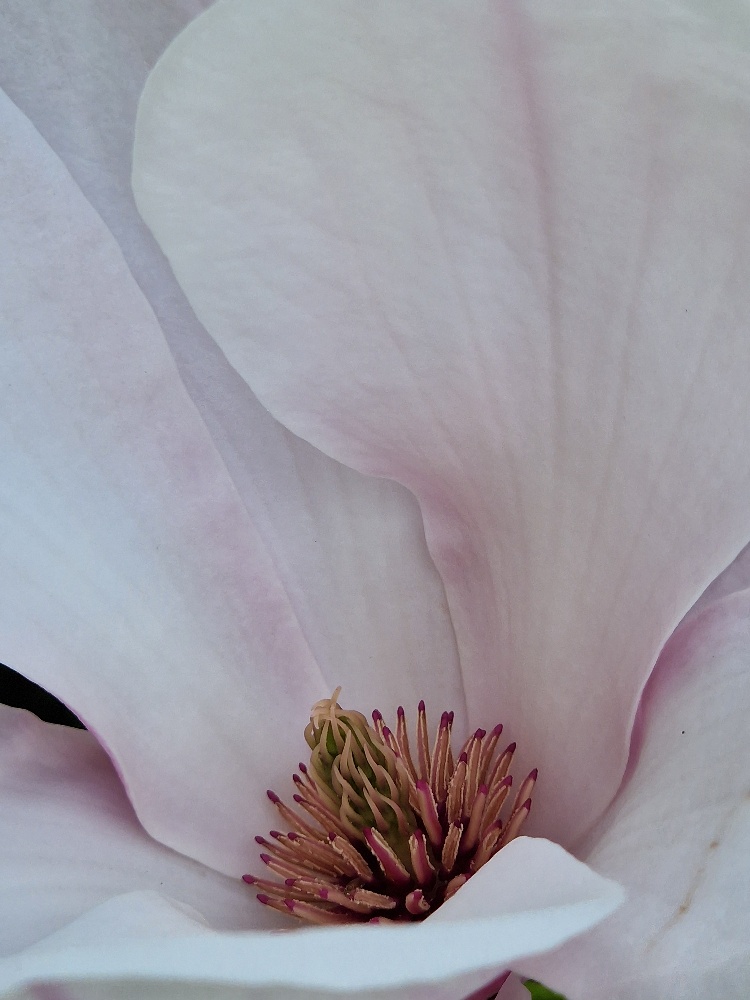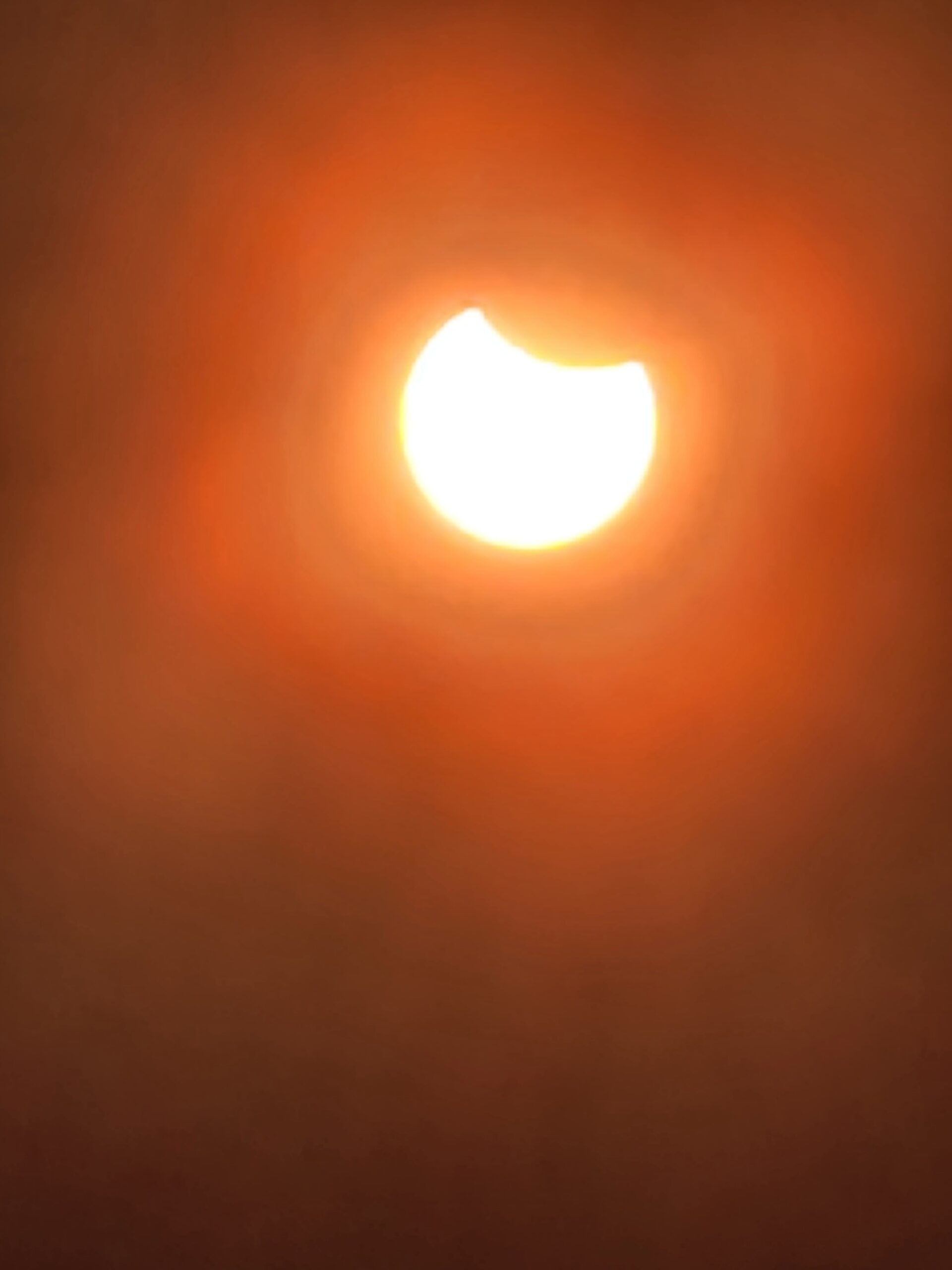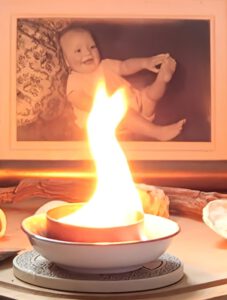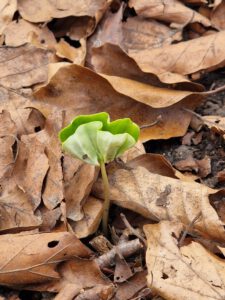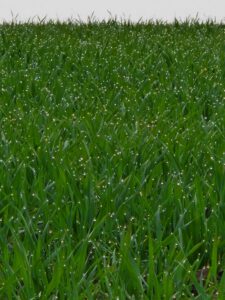Spirituality is the experience of being in a relationship with a power greater than self that provides acceptance, guidance, solace, serenity, grace or healing love, and non-destructive creativity.
Pia Mellody, Facing Codependence
We would rather be ruined than change. We would rather die in our dread than climb the cross of the present and let our illusions die.
W. H. Auden, The Age of Anxiety
Actually we were fooling ourselves, for deep down in every man, woman, and child is the fundamental idea of God. It may be obscured by calamity, by pomp, by worship of other things, but in some form or other it is there.
Big Book of AA, `We Agnostics´
There is a strong tradition of storytelling in the Twelve Step Recovery communities. We exchange our experience, strength, and hope with each other as we share our paths towards healing.
The power of sharing with respect to recovering from addiction was discovered in 1935 by two of the founder members of AA, Bill W and Bob S. Both alcoholics of the hopeless variety, they stumbled upon the fact that empathic, non-judgmental sharing led to identification (`I am not alone with this problem´), which, in turn leads to hope; the hope that, in joining forces, the problem might be solved.
On such `share´ came my way this week in the form of a YouTube video. In this talk, Bob. D, – a contemporary member of AA – points out the two-fold aspect of our relationship with `a power greater than ourselves´.
The first is to be willing to believe in the possibility that such a power exists, one that is stronger than our mere ego willpower. The second issue concerns our capacity to overcome very common human obstacles in order to freely access that power, as we go about our daily lives.
Let me back up for a moment, to look at the first of the Twelve Steps of Alcoholics Anonymous, a programme which has, over almost a century, become a successful template for healing and resolving destructive, compulsive dynamics in human behavior.
Step 1 states: `We admitted we were powerless over alcohol – that our lives had become unmanageable´.
Here we could replace the word alcohol with gambling, shopping, sex, work, cocaine, material power, worry, etc. – any substance or behavioral pattern which keeps us in bondage and prevents us from fulfilling our true potential.
Of the three things mentioned in Step 1, – unmanageability, alcohol (or whatever substitute applies), and powerlessness, – the latter is the true cause of our malady.
The prerequisite for successfully solving any problem is to identify the true nature of that problem, as we have done in Step 1. This being achieved, we move on to Step 2 which states: `Came to believe that a Power greater than ourselves could restore us to sanity´.
How do we lead fulfilled, happy lives in the face of the limited capacity of our ego-fueled willpower to deal with the big points of life such as pain, failure, love, loss, death, etc.? The suggestion is that we embrace the possibility of a different type of power, possessing greater potency, one that can help us through these bigger challenges, and then tap into it.
As the contemporary American spiritual teacher, Richard Rohr, points out in `Breathing Under Water´: Until you bottom out, and come to the limits of your own fuel supply, there is no reason for you to switch to a higher octane of fuel…. Why would you? You will not learn to actively draw upon a Larger Source until your own sources and resources fail you.
The term `Ourselves´ in Step 2 is clearly a reference to the willpower of the ego. I love the ambiguity of the first three words of this step. For me these can mean that `we came with the willingness to acquire the belief´ or `arrived at this belief over time´. Either way, the first component of growing towards a state of living faith can hereby be achieved.
But just as a belief in electricity is insufficient when it comes to operating power tools, we must find a way of tapping into the power. Otherwise, the tools are useless. In my garden shed this means connecting the tools to the mains or an appropriately charged battery.
The Big Book of AA contends that, for those dealing with addiction, the connection is obscured (blocked) by one, or a combination, of three things. These are `calamity, pomp, and worship of other things´.
Merriam Webster defines `calamity´ as : A disastrous event marked by great loss and lasting distress and suffering and A state of deep distress or misery caused by major misfortune or loss.
The Twelve Step programme has taught me that it is me who generates distress, suffering, and misery. Even if this first strikes me as an inconvenient truth, it is a liberating discovery when I recognise that I can begin to unlearn doing this.
The same lesson is conveyed in the Positive Intelligence (PQ) Mental Fitness programme, in which I have been training since January 2022, and have now achieved certification as a coach. As Shirzad Chamine writes in `Positive Intelligence´: All your distress is self-generated. To be more precise, all your distress in the forms of anxiety, disappointment, stress, anger, shame, guilt – all the unpleasant stuff that makes up your suffering – is generated by your own Saboteurs.
We can, through PQ Mental Fitness, rewire the brain such that we switch from the fuel of the ego, namely fear (the Saboteurs), to the fuel of love, providing us access to the Sage Powers of Empathy, Explore, Innovate, Navigate, and Activate. PQ is a programme of daily mental fitness practice to train the three mental muscles which enable this shift, and to cultivate and expand this capability, one day at a time.
Drama is one of the most potent drugs known to humankind. When we get rid of it, all that is left is the `what is´. This is invariably a combination of pleasure and pain, that mixed bag which can be dealt with in a sober fashion, without the emotional roller-coaster of the terrifically high peaks and terribly low troughs of the manic-depressive default state familiar to every active addict.
After calamity comes pomp. Pomp characteristically accompanies intense vanity and self-importance, further attributes of the untreated addict. It’s all me, me, me, me, me. It is the hidden desire for the metaphorical red carpet to be rolled out wherever I go. As long as I am trying to control life (`playing God´), Higher Power is always going to be beyond my reach.
The third obstacle listed is `worship of other things´. This one is extremely tricky as it often flies under the radar. We humans tend to look `out there´, – to the world of people, places, and things, – to ease our (often unconscious) sense of self-doubt and insecurity about our intrinsic worth.
Whether it is the devotion to the illusion of power created by financial security, reputation, hierarchical power, status, relationship, family roles, our sense of indispensability, etc., we get caught up in worldly matters, making them into our higher power.
Such ostensible power may be good enough as far as it goes in dealing with the minor challenges of human existence. Sooner or later, if I am running on the fuel of the ego, something, – an event, loss, death, setback, compulsion, or relationship challenge, – will enter my life that I simply cannot successfully meet using my present skill set, my acquired knowledge, or my strong willpower.
Confronted with these `big points´ of life (and they will come), we find ourselves crashing through the thin ice that we hoped would bear our weight, and we begin to drown.
We may need to bottom out in this manner more than once before we finally recognise the futility of trying to solve our problems with the self-same level of consciousness that caused them in the first place. Before we get there, some of us may even need to go through excruciating phases of torment, a phenomenon referred to by the mystics as `the dark night of the soul´.
A life run on human willpower is bound to lead to futility and doom. How we tap into the higher frequencies is a matter for each of us to find out for ourselves. My life has shown that there is no limit to the creativity which can be applied here.
The obstacles to accessing the `Larger Source´, however, – calamity, pomp, and worship of other things –, seem to be universal. Gaining awareness of these, and of our potential for extricating ourselves from their grip, is the first step towards accessing the power that heals

